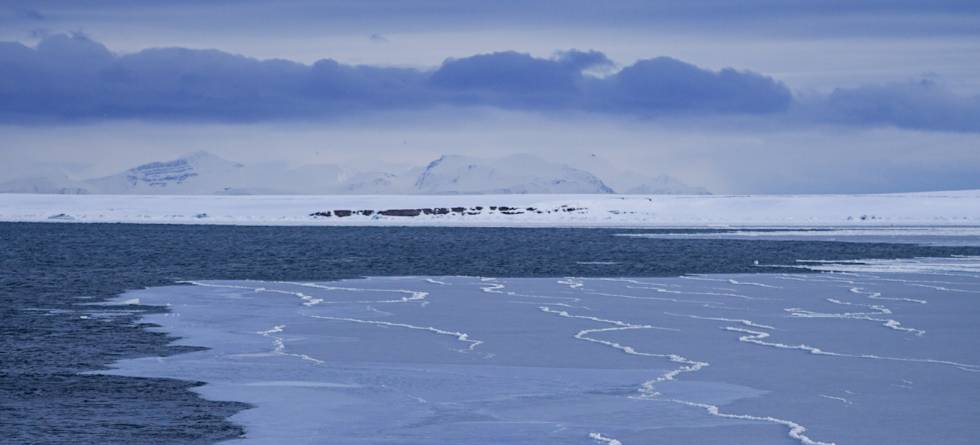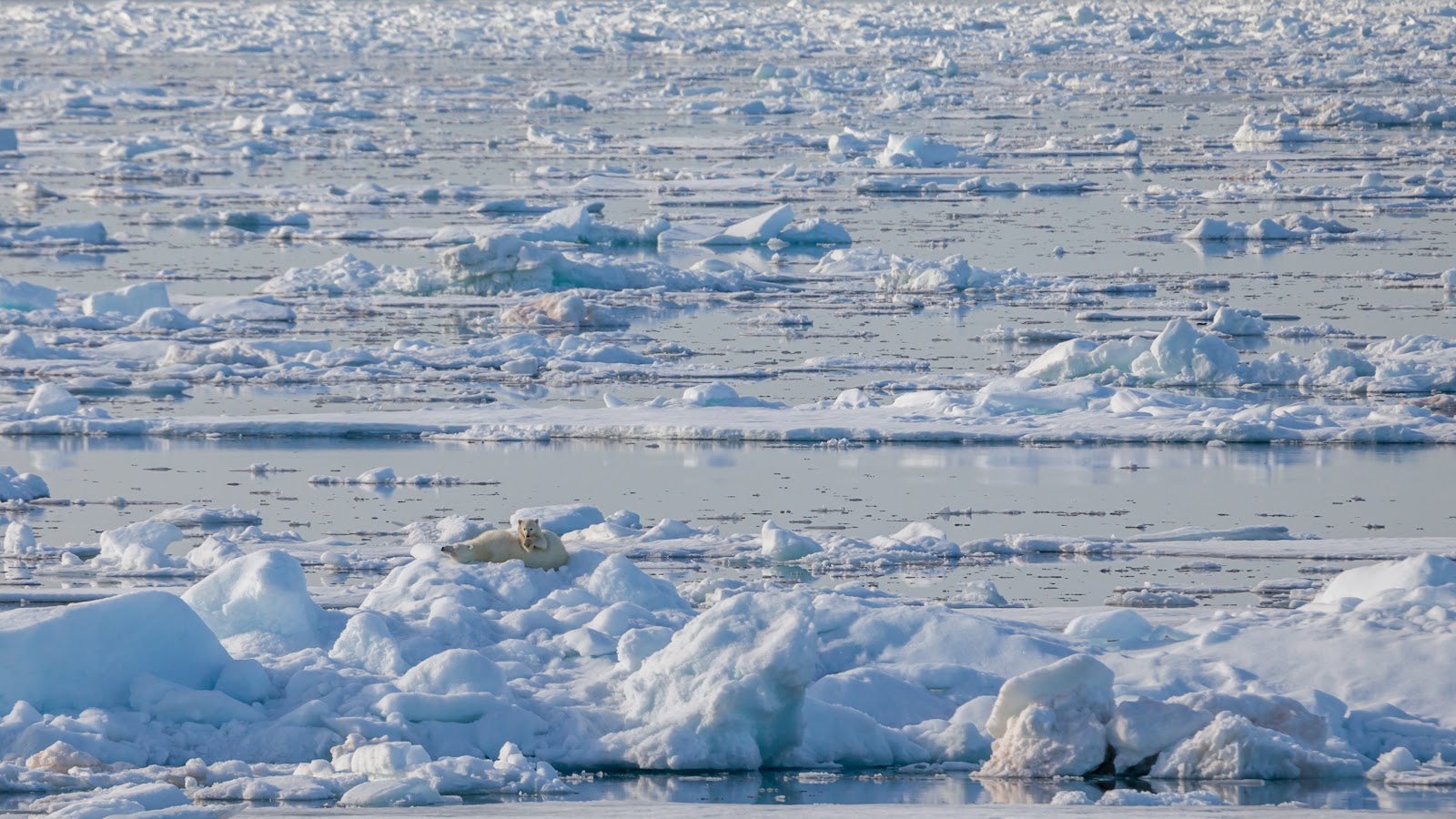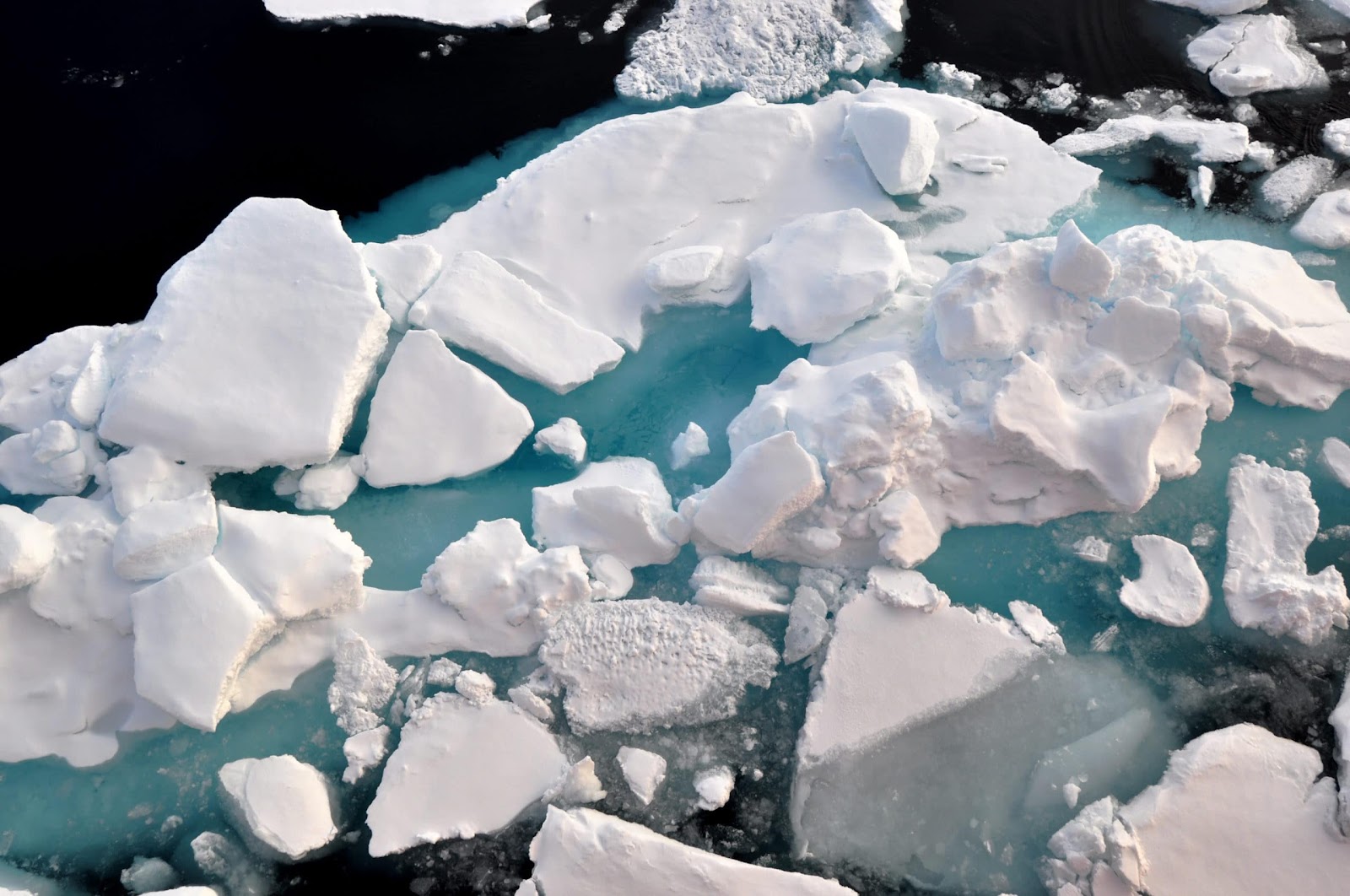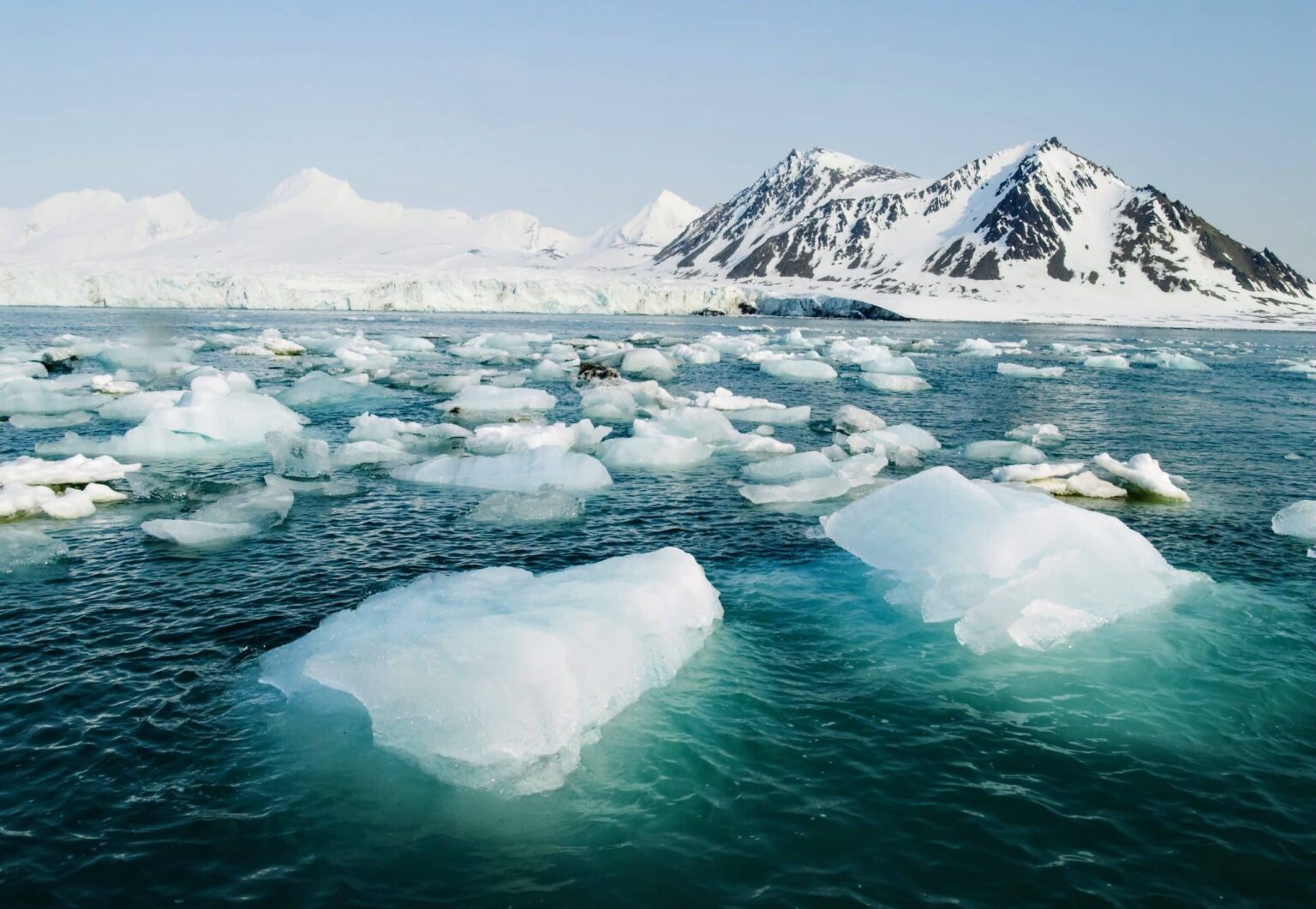The Arctic Ocean is undergoing severe and drastic changes due to Climate change. Oceanic life is now ‘in deep waters’ due to the large proportions of acid content present inside the waters.

Situated right at the centermost part of the earth, surrounded by three gigantic bodies of land, namely, North America, Eurasia and Greenland, the Arctic Ocean is at the precipice of extinction. Along with it, its marine life is also under threat by the excess amount of acid contained inside its body of waters.
Home to various marine animals and a wide range of other species, including the white-haired, Polar Bear, the Arctic is located at the northernmost region of the earth’s surface. Unforgiving and distinct in its physical features, the Arctic remains to be one of the coldest places on earth, wholly covered in ice, glaciers and freezing waters.
Being an unfriendly place, most areas in the Arctic are not meant for hosting inhabitants. In total, about four million people reside there and most of these residents belong to indigeneous groups or classifications that have been surviving in the region for ages and therefore are conversant with the region.

Despite being far away to the north and untouched by human hands, the Arctic still remains prone to climate change and according to scientists, the vast ocean is deteriorating at a rapid rate. Scientists believe that the hasty acidification of the Arctic Ocean is killing aquatic life forms. The chief cause of this escalation is climate change.
Climate change means the alteration of the weather and temperature framework. These changes are caused by natural means. However, in the 1800s, with the advent of industrial revolution, the usage of fossil fuels like coal, oil and gas have amped up climate change. Climate change is the menacing handiwork of human labour, ignorance and greed.
Climate change is also responsible for the cause of global phenomena like Global Warming. The heat emitted onto the surface of the earth has adverse effects on the planet affecting all manners of life forms, both on land and water.
The Arctic Ocean, specifically, is suffering to a substantial extent because of climate change. According to a new study, “acidification in the Western Arctic Ocean is currently happening at a rate three to four times higher than in other oceans”. The reason for this is because the melting of snow and ice uncovers a darker surface and absorption of solar energy is amplified in these areas. As a consequence, there is persistent loss of sea ice, glaciers are melting and the ice caps of Greenland is also melting.
The sea ice of the Arctic Ocean is melting with rapid speed. The incident leads to water getting more exposed to the atmosphere. Correspondingly, oceans now become easy to get absorbed by the air’s increased level of carbon dioxide, which happens to be a medium for acidification.
If the sea ice persists to melt at its present rate, the acidification of the ocean will only worsen in the next few decades to the extent where there won’t be any sea ice left in the Arctic Ocean. This is what Scientists fear of happening.
The carbon dioxide, once mixed in with seawater becomes carbonic acid. This reaction further intensifies the threat and harm it poses to living organisms that are especially sensitive to acidity as this downgrades the ocean’s pH level.
Scientists state that, “coral reefs would also perish in the face of such acidification”. They claim ocean acidification to be the cause of mass extinction as it once was during the Earth’s greatest mass extinction, “The Great Extinction”. Living organisms will not be able to survive when water bodies become toxic and acerbic.

This will have a long-term negative impact on marine life in the Arctic Ocean. It is not just the ocean melting away but also its thousands of species that depend their survival upon the proper functioning of the surroundings and the ecosystem that they live in.
Gradually, the acidification will spread to the Pacific Ocean and eventually the Atlantic Ocean. This will kill all aquatic life on the planet. This growing tragedy only leads from one series of unfortunate events to another that will ultimately end in the mass extinction of every organism and living being on the planet, if and only if, no action is taken.
But with the right measures, proper awareness and implementations, coupled with the assistance of the Governments of the world and of the people, Earth and its Oceans can be saved.













